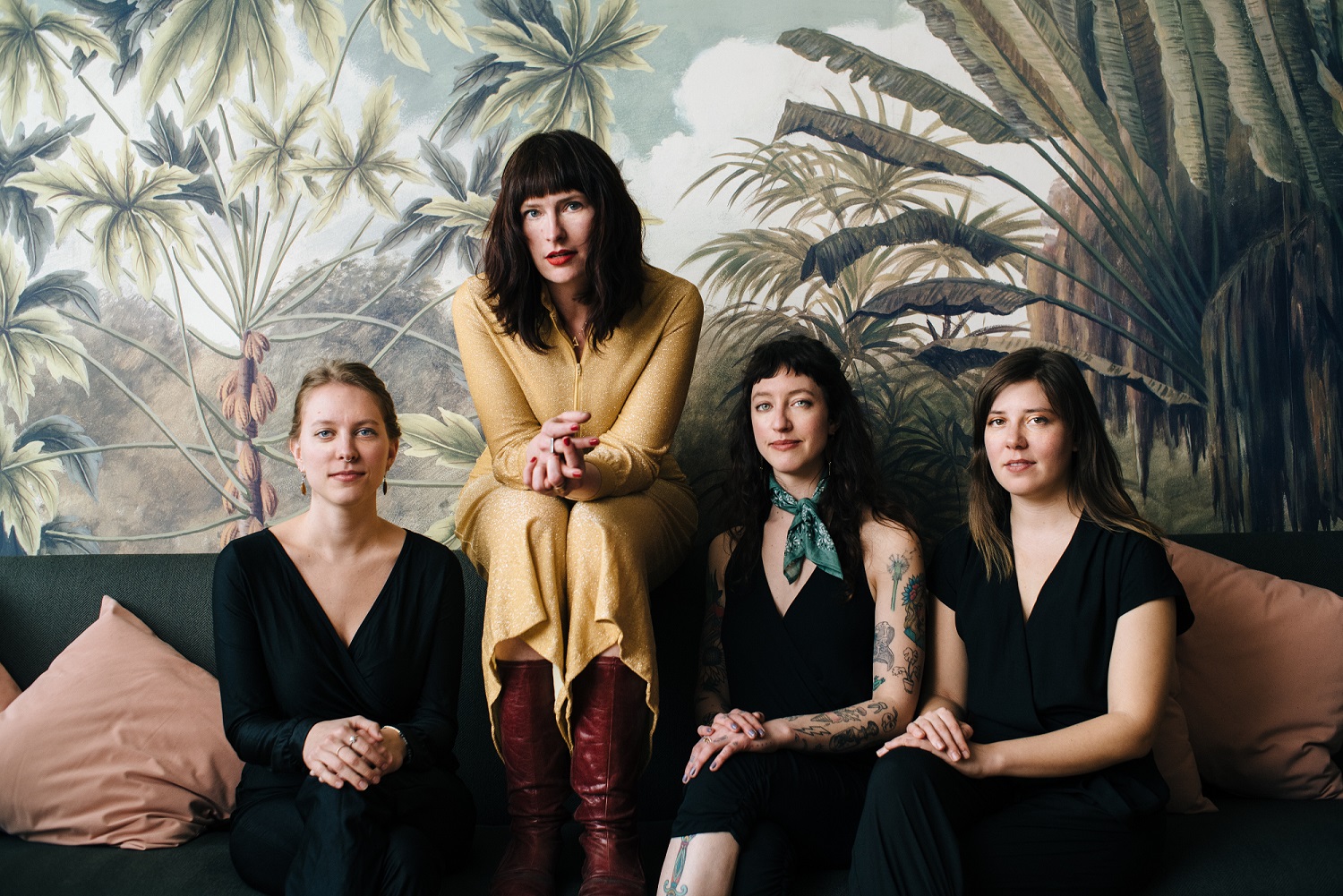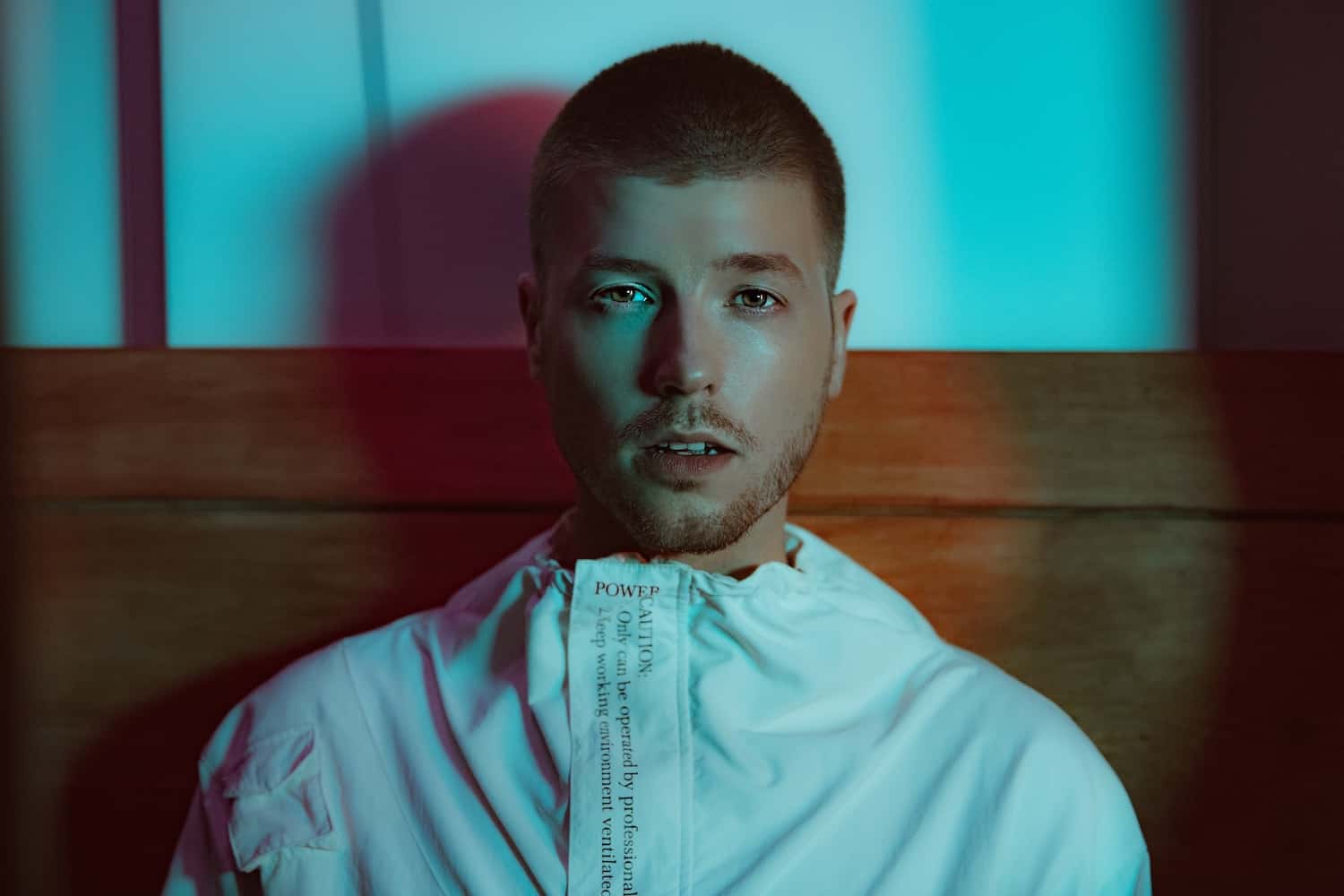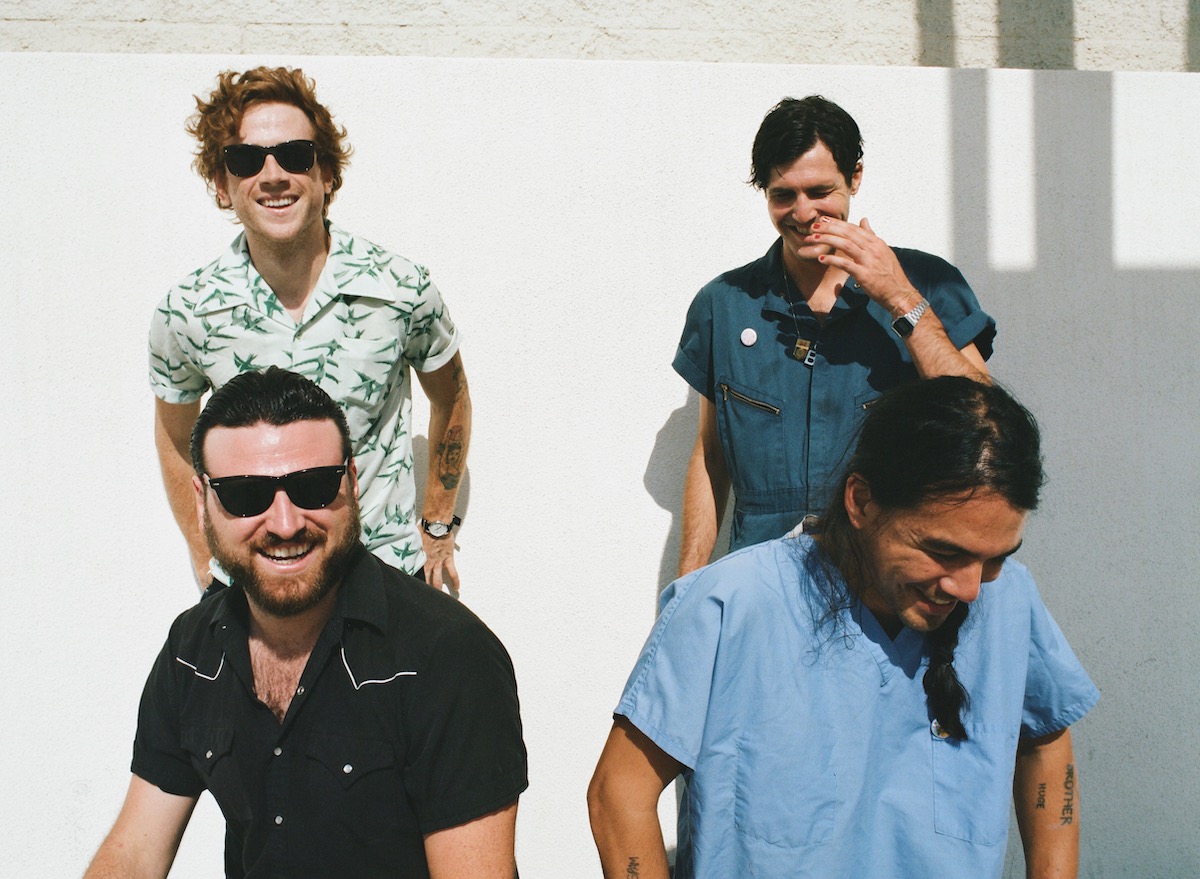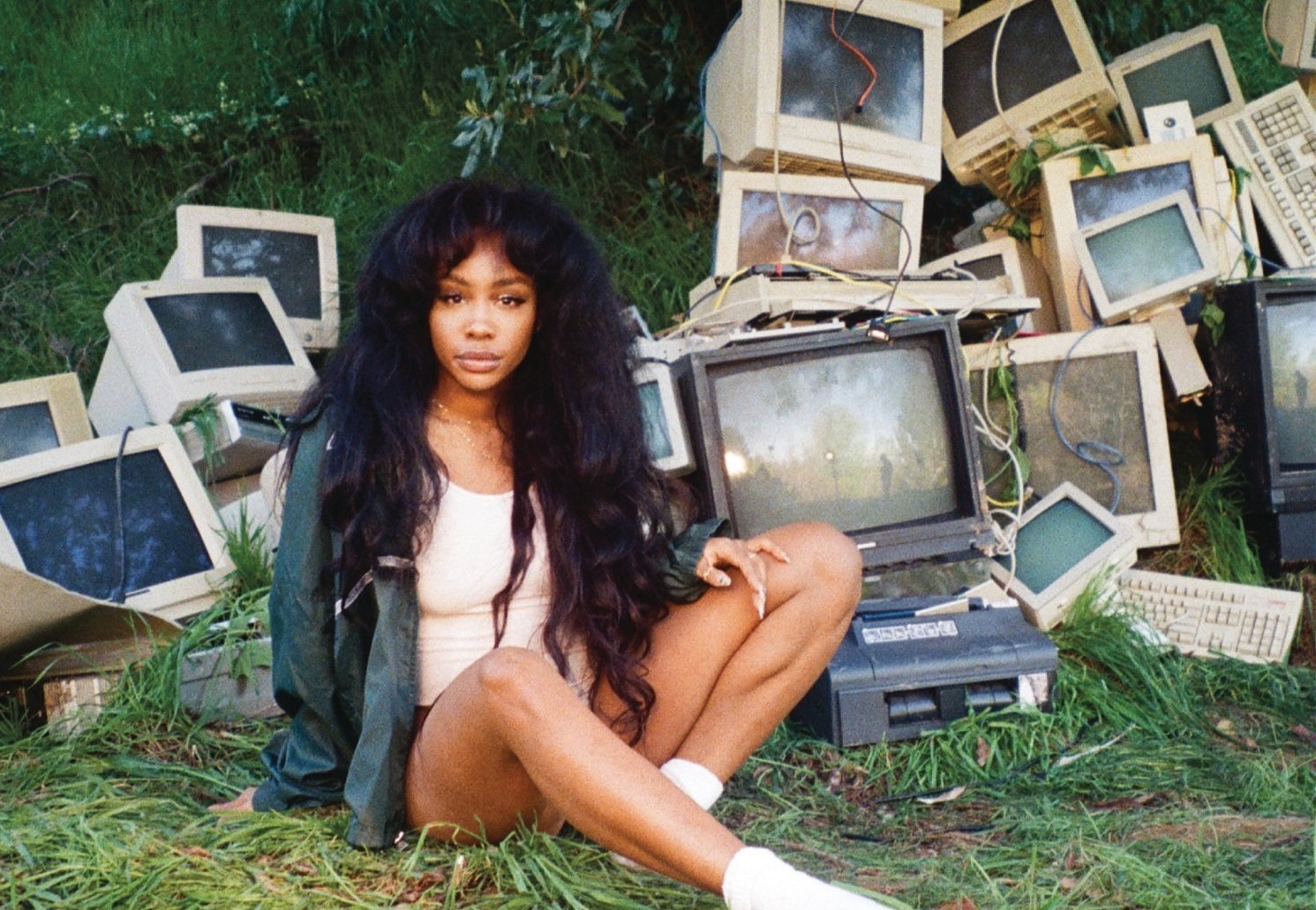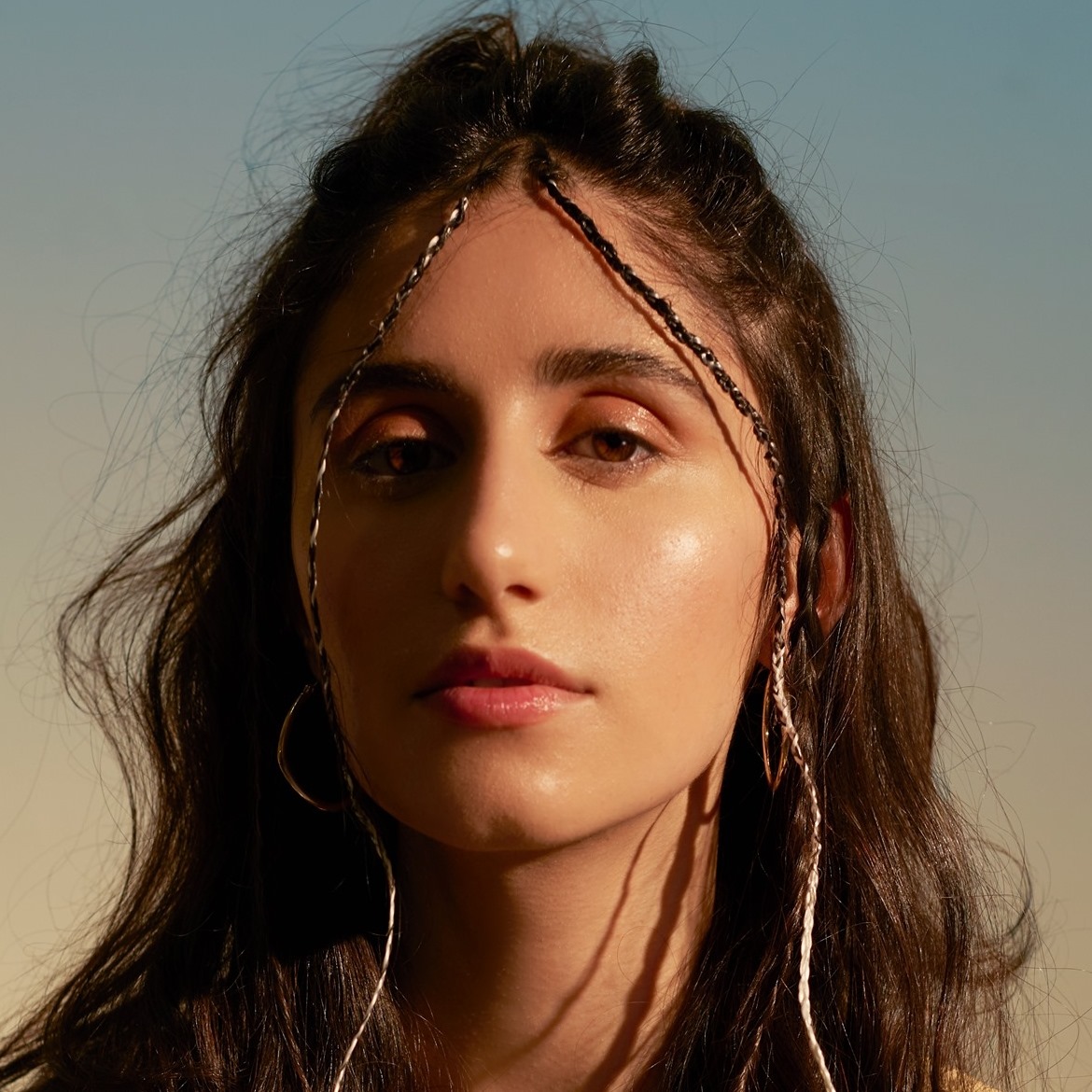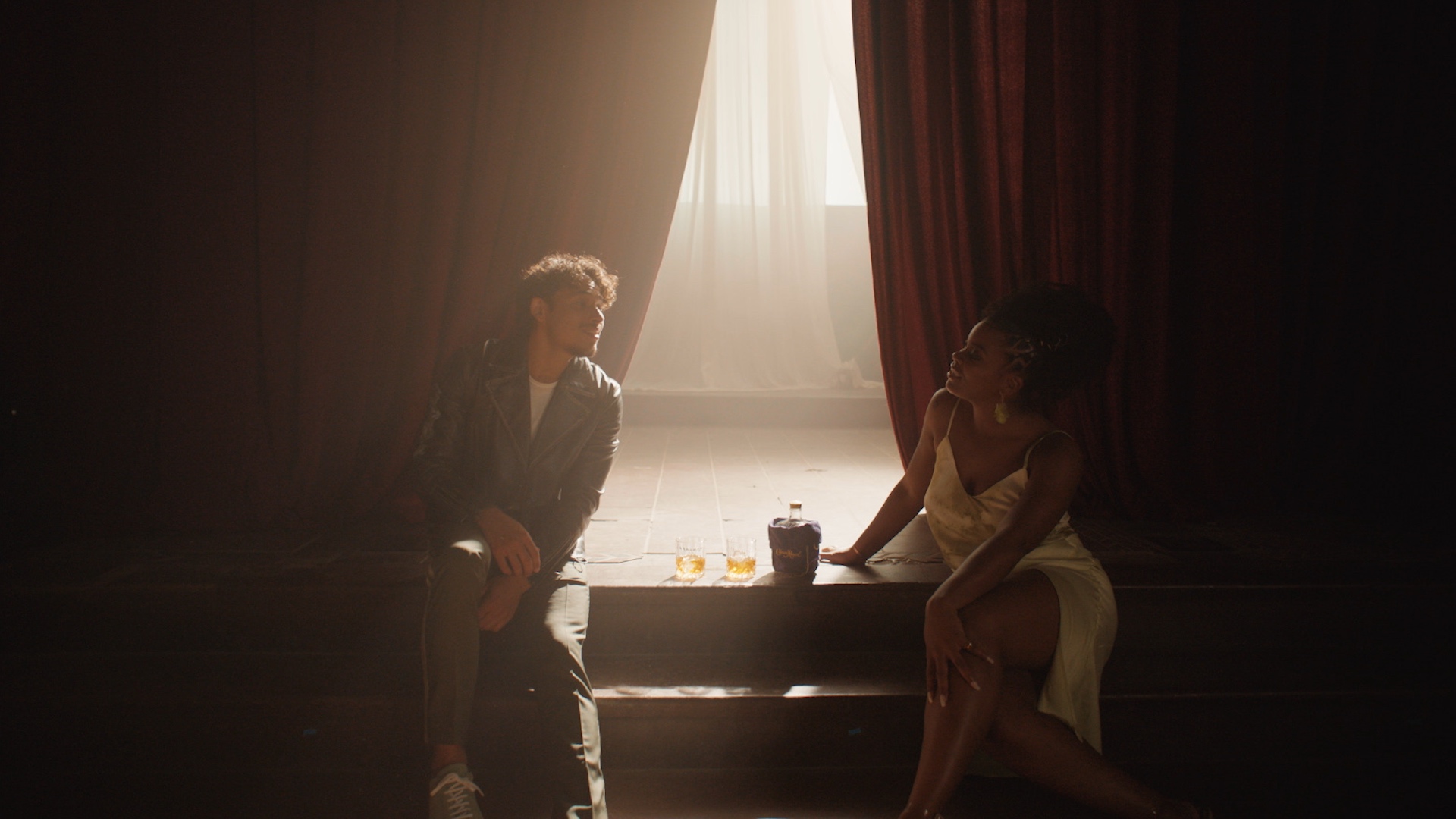Vôx Vé’s bold tracks in her debut EP ‘Dream Theory 1’ detail the perils of perfectionism.
Stream: ‘Dream Theory 1’ – Vôx Vé
Swiss Alps native Vôx Vé is a singer, songwriter, and activist. With luxurious dream-pop that transcends sonic norms, her ethereal releases are cinematic gold – as is evidenced in her recently-released debut EP, Dream Theory 1 (independent, April 2). Her music showcases powerful pop hooks and soaring vocal dexterity a la Sia and Lady Gaga. With emotional songs such as “Sad Surfing” and “Dream Theory” to thrilling electro tracks like ‘Stranger (Than I Look)” each song has its own uniquely profound message.

Much of her work focuses on imperative topics such as mental health and how striving for success can affect it. Some people feel the need to prove their self-worth through high achievement and it becomes easy to get lost in societal pressures. Through her highly insightful music, the goal is to convey the value in finding what is personally meaningful to you.
From innovative installations examining the human experience (Ice Cube Challenge) to a collaborative painting event, Vôx Vé is always concocting new creative concepts to coincide with her music.
Atwood Magazine recently spoke with Vôx Vé, discussing everything from the message behind the EP to her recent installation and more!
MEET VÔX VÉ
Atwood Magazine: Being originally from the Swiss Alps, but currently NYC based, how has that influenced your anthemic yet ethereal pop music?
Vôx Vé: I didn’t realize that I was recreating my home landscape in my music, but from the outset I was always fixated on achieving a sense of vastness and wide open space in my sound atmospheres. For Into the Wild actually, I had it in my head explicitly that I wanted the listener to feel like they were poised atop an epic cliff, overlooking a broad landscape of mental freedom—chorus melody gusting through their hair! And that cliff visual was definitely Swiss. So the “anthemic” quality almost certainly originates from the epic landscape I miss so much when I’m in NYC.
In the meanings of the songs, moving countries as an adult really gave me a sharp lens on culture and how strongly it shapes our ideas about how to live. And those questions—about the validity of our values and priorities as a society—became my songwriting obsession.

Your EP Dream Theory 1 is a project that pleads with others to reconsider their inherited values and neglect for vital considerations in regards to mental health, can you explain this further?
Vôx Vé: When I wrote these songs, I was truly pleading with myself to reconsider my inherited values around success and their destructive impact on my mental health. Like a lot of Millennials, I grew up feeling existential pressure to prove my worth as a person through remarkable displays of individual specialness and “achievement.” And that prioritization of individual glory over everything else made me suppress all the other human needs—for community, family, space, time, peace, nature, service, self-compassion—that, arguably, more so than achievement, can make us truly happy and well.
Now, feeling what it feels like to have healed a lot of that psychology, through writing music and a lot of other learning and self-work, I feel very strongly about the importance of the mental health conversation on a societal level. Numbers of anxiety, depression, and burnout cases have surged dramatically in recent years. So, if my music could play any role in changing our societal definitions of “success” to value mental and emotional well being, I’d value that over any more conventionally recognized achievement.
Your poignant track “Sad Surfing” focuses on deep depressive emotions and the need to surf the internet to try and make ourselves feel better. This concept is something many of us can relate to, what sparked the idea for the song and what was the inspiration for its stunning visuals?
Vôx Vé: The idea for the song came during a period in my life when I spent nearly all day every day by myself, working and living vicariously through the internet, and I found myself bizarrely obsessed with watching YouTube surf videos in a misguided attempt to participate in lives that seemed beautiful and pure because, unlike mine at the time, they had true contact with nature, people, and experience.
For the visuals, in the music video for example, the “Millennial pink” paint all over me connotes the perpetual brainwash of media messaging we inevitably receive when we’re online—about what we should be, do, have, and look like to be living an enviable life. The paint begins to overtake and overwhelm me just like media messaging so often does when we spend too much of our time living on the internet. So my flailing leap into the frigid Hudson River at the video’s end represents the true desperation I felt to touch and do something drastically REAL and non-virtual, and to let the confusion of constant social media comparison wash off me in the simple truth of nature.
I understand you recently put on this incredible installation in New York, The Ice Cube Challenge, which was held as research for your track “Stranger”, where two strangers hold hands with an ice cube in between them. Can you talk more about this powerful exercise and how it relates to the song’s message?
Vôx Vé: Part of my reason for writing and performing in general was to overcome my tendency to isolate myself behind a veneer of perfectionism. Like a lot of people, I used to only show a polished, surface level fraction of myself, and, in so doing, was missing out on the deepest joy of life: honest human bonding.
So, I imagined this game called “ice melter.” I took two folding chairs and a cooler of ice cubes to Union Square in NYC and invited stranger after stranger to hold an ice cube with me and ask each other profound questions as it melted the literal and personal space between us.
Honestly, I wasn’t sure a single person would sit down. So I was so surprised that It was one of the most meaningful experiences I’ve ever had. Strangers I would otherwise have just passed by shared with me about their complex inner experiences…the prejudices they experience because of their disabilities or ethnicities and the relationships that shaped them for the good and bad. I had one gentleman tell me how much he mourned his late wife, and how everything he did now was to earn her again in the afterlife. That made me cry on the spot. But the first question I asked was always: “If you were an iceberg, how much of you would you say is visible to others above the surface, and how much of you is hidden beneath the surface?” And the average percentage visible was predictably low.
I definitely recommend playing this with someone next time you have an ice cube to pull out of your cocktail;) Post-COVID 19 quarantine…
You had some interesting collaborations on your EP, such as producer Zach Seman (with credits from A$AP Rocky to orchestration for “The Hobbit”) and Chris Camilleri (Julietta, MSMR). What was your experience like working with such prominent people in the industry?
Vôx Vé: It has largely served to show me how music is the great connector. I didn’t know either of them as people when we first sat down in front of the ProTools session, but we were immediately connected by our ability to deeply feel the same track. Chris was a fantastic partner for me because I love lots of rich celestial voices and harmonies and he’s a master at mixing stunning, sparkly vocal stacks. And with Zach I had the shortest lists of mix notes I ever had because we had freaky similar taste in sounds that reach in and grab you by the soul. I remember we were tweaking a synth for “Sad Surfing” and we knew we could stop when I said, “Oh yeah, now we’re cooking with ghosts.” Zach is a rare combination of incredibly talented and incredibly humble, which I appreciate a lot.

You’re a big believer in not sacrificing your mental health and well being to go after fame and recognition, but instead choosing “individually meaningful work, from a place of balance and self-worth”, what advice can you give others trying to find this balance?
Vôx Vé: I think, between all the firsthand warnings from famous people and all the happiness science that exists now, it’s actually pretty clear that success in terms of mass wealth, fame, or recognition does not equate to happiness as promised. I personally used to think I had to be successful to be happy, but actually it turned out I had to be happy to be successful.
For me that meant taking the pressure off of “proving myself” ASAP in measures that actually didn’t matter, and focusing on doing work I found fulfilling for me and valuable for others. It meant doing the right amount of work, so, not so little that you feel unfulfilled but not so much that you forgo every other kind of fulfillment that humans need time for. And it meant creating a lot more priority in my life for relationships. But that formula will and should change for every person.
So my advice would be to question the incomplete definitions of “success” that we’ve been given and allow yourself to tune into your own instincts about what work, life, balance, outlook, etc. feel good and fulfilling for you. And strive to forgive and forget the judgments of those who are scared of your non-conformity because, chances are, they’re not happy.
Out of fear of being called weird or weak, we often don’t feel permission to stop marching blindly to the beat of other people’s broken drum. But 1 in 6 Americans over the age of 12 is currently on anti-depressants, so, maybe we’re all marching to the wrong beat. And every person who dares to live happily on their own terms creates more permission for others to do so too, leading over time to a paradigm shift towards broader, healthier, and wiser societal definitions of “success.”
Lastly, what music have you been listening to that you can recommend to our readers?
Vôx Vé: Ooo. Son Lux for soul-shaking vocal layering; Poliça for something somehow sexy, vulnerable, and chill; and the Inscape meditation app soundscapes for peace and sanity.
— —
:: stream/purchase Vôx Vé here ::
— — — —
Connect to Vôx Vé on
Facebook, Twitter, Instagram
Discover new music on Atwood Magazine
? © 2020
:: Stream Vôx Vé ::



